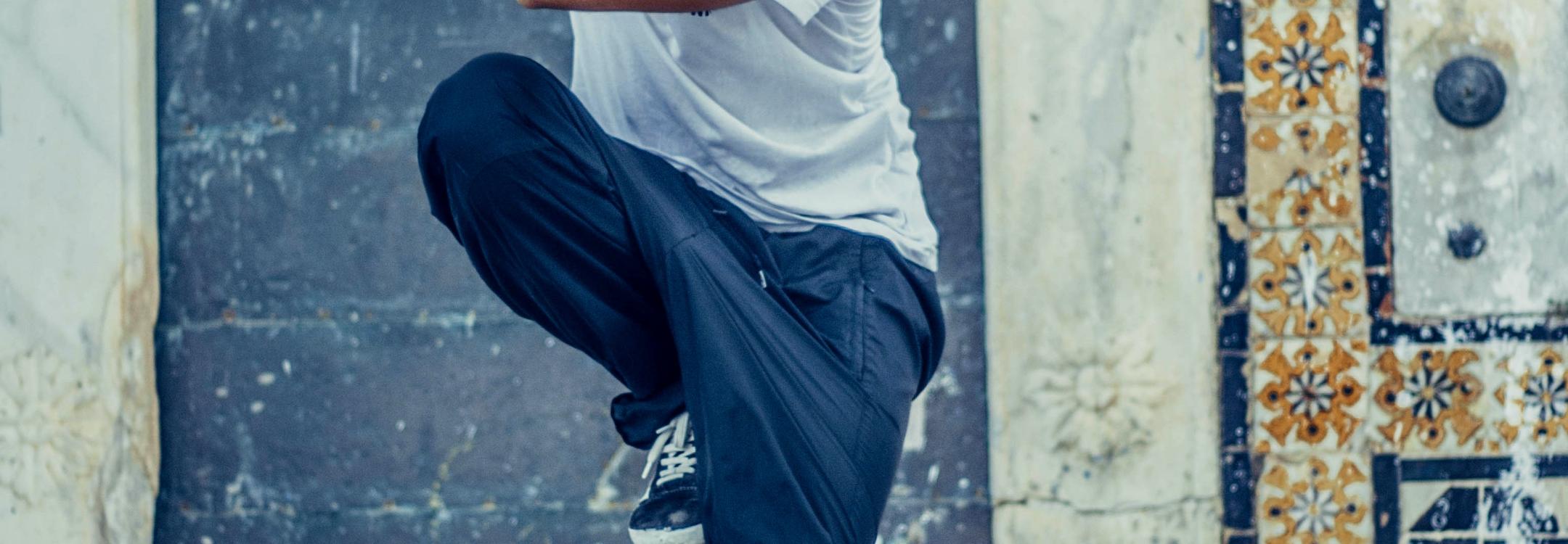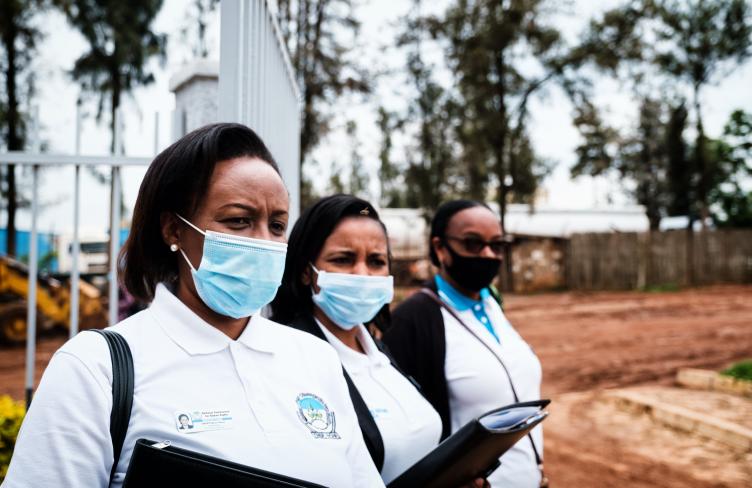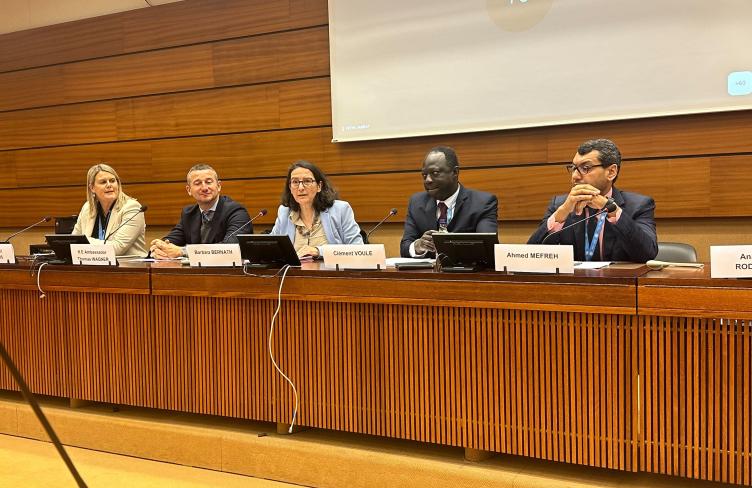
On 8 October 1991, members of the National Guard arrested Faysal Baraket, a young student at Tunis University. A few days later his body was found by the side of a road. According to the authorities Faysal Baraket had been killed in an accident.
For over two decades, Tunisian human rights activists have struggled to dismantle the truth about the cause of his death and to bring the perpetrators to justice. They have never given up in their endeavor to build a better future for Tunisia.
Amnesty International published today a detailed report on the case, Tunisia: When Bones Speak, about the struggle to bring Faysal Baraket’s torturers to justice. I read this as I am simultaneously following a live broadcast on my computer screen. The National Constituent Assembly of Tunisia is meeting to adopt, article by article, the law to establish the National Authority for the Prevention of Torture.
22 years after Faysal Baraket was tortured to death, Tunisia is about to become the first State in the Arab world to create an institution to prevent torture under the Optional Protocol to the UN Convention against Torture, OPCAT. Tunisia ratified the torture prevention treaty shortly after the ousting of the former president Ben Ali.
I am following the Assembly’s debates on the creation of a torture prevention mechanism from my desk at APT’s new Centre Jean-Jacques Gautier. Last year I was showing Khaled Ben M’Barek around the construction site of APT’s new building. He remembered well our old “Cabane”. Back in 1994 he had worked here, throughout the night on APT’s only computer, to prepare the submission of Faysal Baraket’s case to the UN Committee against Torture.
It took five more years and a lot of perseverance from Tunisian activists and international NGOs - including Amnesty International, OMCT, APT and other members of the Coalition of International NGOs against Torture (CINAT) - to finally obtain a decision from the Committee against Torture in 1999 requesting from Tunisia to exhume the body and to determine the cause of death of Faysal Baraket.
It took another 14 years and a revolution before this decision was finally implemented in March 2013. Throughout these years, Abdelwahab Hani, another friend of Faysal Baraket, regularly came to see us and reminded us to follow up on the case. The perseverance of Faysal Baraket’s friends helped shape the practice and jurisprudence of the Committee against Torture.
* * *
In Tunis, Najib Hosni is taking the floor. Lawyer Najib Hosni became a member of APT’s advisory council while he was detained in Tunisia for having exercised his legal profession. Now he is proposing amendments to strengthen implementation of the torture prevention treaty OPCAT in his country. I met Najib Hosni first at a meeting on preventing torture in repressive states. I don’t remember what the outcome of the meeting was - I don’t think we found a solution for working on prevention in countries ruled by repression and the fear of torture. But the next time I met Najib Hosni, years later, he guided me through the National Constituent Assembly tasked with drafting the basis for a democratic Tunisia.
The path to democracy is a difficult one. The seats in the National Constituent Assembly are partially empty. The opposition is boycotting the Assembly since the assassinations of Chokri Belaid and Mohamed Brahmi. I receive an update from Abdelwahab Hani: A member of parliament requests that, in the view of the importance of the project, the work on law on the National Authority for the Prevention of Torture be suspended until the opposition members agree to come back.
* * *
It is getting dark in Geneva on this 8 October 2013. I look at the photograph of Faysal Baraket in Amnesty’s report. His perpetrators have still not been brought to justice. The law will probably not be adopted today and we don’t know what will happen tomorrow. But I know for sure: Faysal’s friends will never give up.


